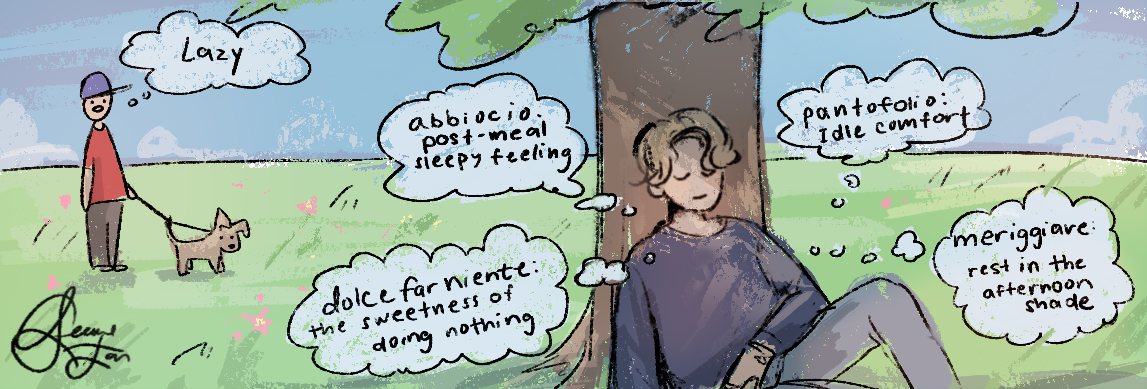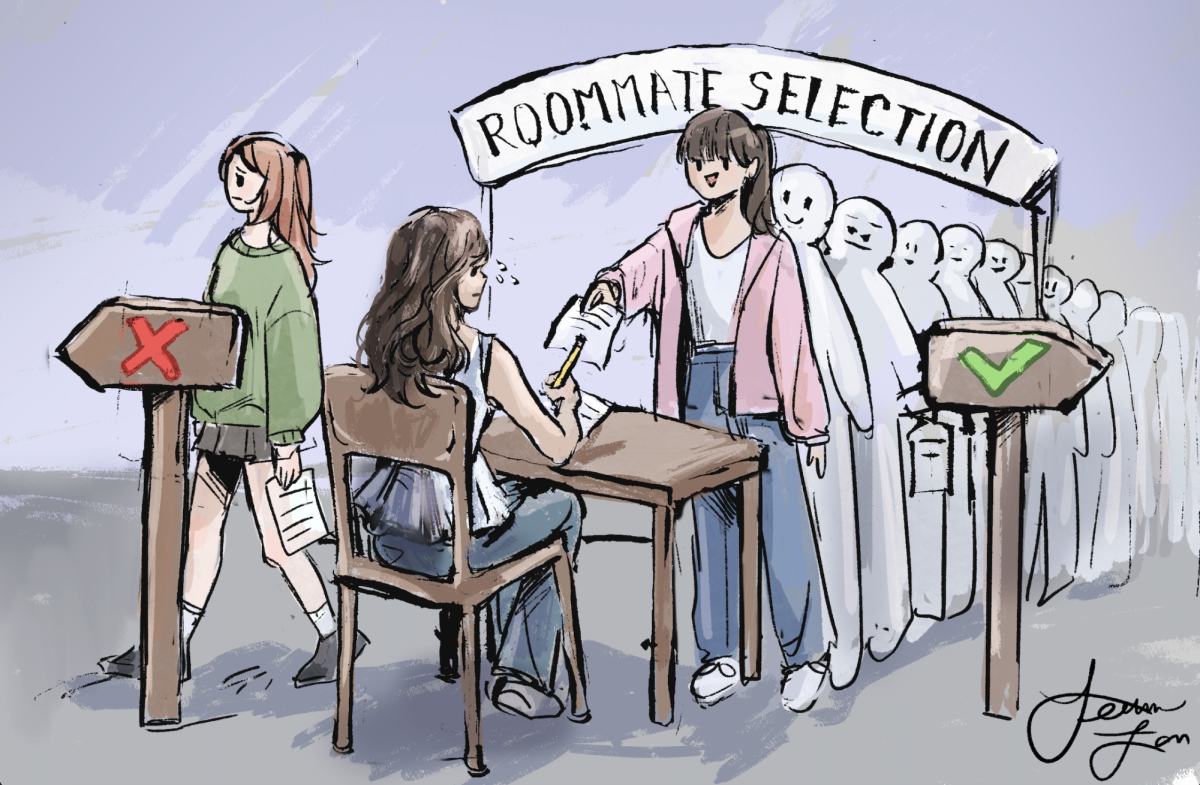Each of my years of schooling has been defined by a fad—some ridiculous possession or challenge that everyone has to own or try. It started for me in second grade with the rise of Tech Decks, followed by fourth and fifth grades’ O-so-frequently-misplaced pencil toppers and Silly Bandz.
As I got older, the fads evolved from material collectibles to so-called challenges. These challenges came in almost as wide a variety as the material fads that preceded them. Some, such as the 2014’s Ice Bucket Challenge, were designed to raise awareness for a cause—and did so rather successfully. A handful, including the Mannequin Challenge and (for the most part) Planking were simply designed as harmless dares to pass the time. Other dares, however, were not quite as harmless, with Exhibit A being the Cinnamon Challenge, wherein one must swallow a spoonful of ground cinnamon in under 60 seconds. According to The New York Times, this would often immediately result in violent coughing, gagging, or vomiting, and often led to severe inflammation or lung damage. Many of those who accepted the Cinnamon Challenge were sent to hospitals or poison control centers.
But we humans always learn from our mistakes, right? We would never repeat an equally foolish or potentially fatal “challenge” only a few years after we abandoned the last one, right?
Wrong. Ladies and gentlemen, introducing the Tide Pod Challenge.
If you have not yet heard about this new addition to a list of idiotic fad-challenges, its participants will film themselves biting into Tide Pods (filled with toxic laundry detergent, mind you) for a short-lived experience of Internet fame. The appeal to eat them apparently comes from their tempting smell, squishy texture, and colorful, Gusher-like appearance.
The remaining portion of the world that isn’t preoccupied with ingesting laundry soap has snapped into action on this matter. The company Tide took to Twitter to urge followers not to eat their product. Many newspapers and websites have also released statements to inform the public that Tide Pods are not safe to eat, garnering headlines like The Washington Post’s “Teens are daring each other to eat Tide pods. We don’t need to tell you that’s a bad idea” or College Humor’s “Don’t Eat the Laundry Pods. (Seriously. They’re Poison.)”
However, I feel that the time for caution and concern has passed. A different approach to this problem would not only be refreshing, but is also necessary. The answer struck me after reading about a man, Acton Beale, who, during the height of the planking fad, planked on the balcony of a seven-story building and fell to his death. Beale won a posthumous Darwin Award, a satirical accolade designed to commend those who have helped human evolution by removing themselves from the gene pool. It occurred to me that those who are willing to eat laundry detergent for viral fame are inevitably heading toward the same humiliating fate.
Therefore, rather than grow concerned about the Tide Pod Challenge, we should simply use it to our advantage—specifically as a form of natural selection. If someone wants to eat packets of detergent, let them go right ahead. It’s their life, after all. It doesn’t matter if it’s your worst enemy, your best friend, or anywhere in between. Just stand by and watch natural selection work its magic.
Of course, we must take exception to children. According to The Washington Post, “last year, U.S. poison control centers received reports of more than 10,500 children younger than 5 who were exposed to the capsules.” This is because many of them do not yet understand that ingesting laundry soap is a health risk—they simply see the vibrant orange and rich purple pods as tangerine-grape candy, by fault of their inexperienced minds.
But after age 7 or 8, people should understand that bright colors do not necessarily translate to edible. Adolescents and adults are more than capable of discerning between fruity candy and Tide Pods, and as such we should not allow them the luxury of a warning. Our time would be better spent elsewhere, like achieving world peace or watching Netflix.
For those readers who may consider my solution to be inhumane, at least consider all the problems that this could help solve. For one thing, this would raise the United States’ status in terms of education; in fact, our average intelligence as a nation would skyrocket. Not to mention it would help solve overpopulation in countries around the globe (more than half of the recorded incidents this year—so far—were international). Perhaps if this measure works as designed, we can follow it up with others like it, such removing warning labels from household objects like toaster ovens, blenders, and electrical outlets. It would make us stronger as a nation, as a species. I say, to paraphrase Marie Antoinette, let them eat soap.
Some of you may still believe that this is a terrible idea, one that would potentially cause the hospitalization or death of dozens of people. Granted, it’s not the cleanest of solutions, but it is perhaps the most effective, and desperate times call for desperate measures.
And let’s be honest—it’s certainly not the first stupid and potentially harmful idea that 2018 has had to offer.




